Daily Mail
May 6, 2014
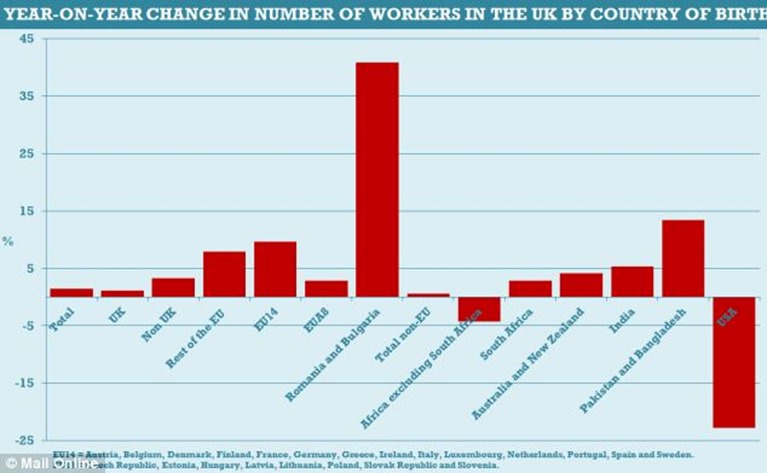
Immigrants have formed a new ‘servant class’ that has pushed young Britons out of the jobs market, it was claimed yesterday.
As the scale of new arrivals from Romania and Bulgaria was laid bare, official figures revealed that 917,000 under-25s are still out of work.
Overall, the jobless total in the UK fell by 125,000 in the final three months of last year to 2.34million.
One in ten new jobs created last year went to people born in Romania and Bulgaria, even before work restrictions were lifted on January 1.
The number of Romanians and Bulgarians working in the UK rose by 40 per cent over the last year.
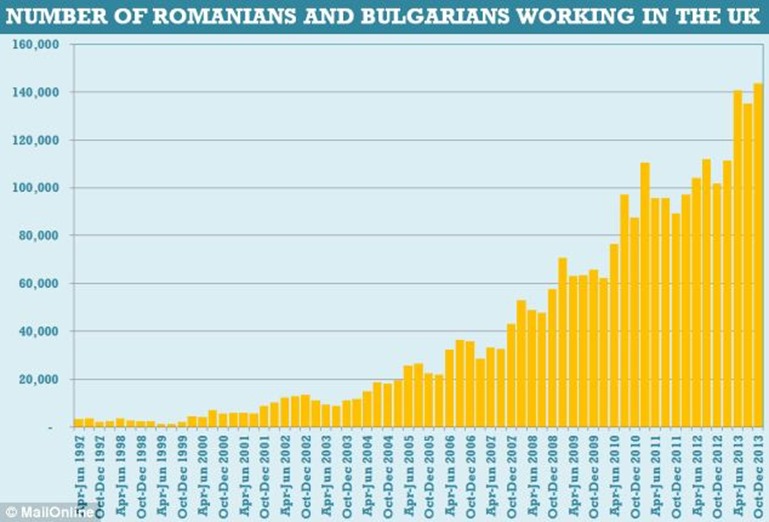
And while the number of young unemployed has fallen, the figures prompted former Labour welfare minister Frank Field to call for curbs on benefits for young people to encourage them to fight immigrants for jobs.
He said the influx of migrants has led to a Downton Abbey-style culture where rich foreigners hire fellow countrymen for roles once done by young working-class Britons.
Mr Field – a former poverty adviser to David Cameron – said: ‘Today’s unemployment figures contain one particularly disturbing element – the stubbornly high number of young people who are still out of work, 917,000 of them.
‘The awful truth is that huge numbers of unemployed young people either don’t try, or lose out to new arrivals eager to work.
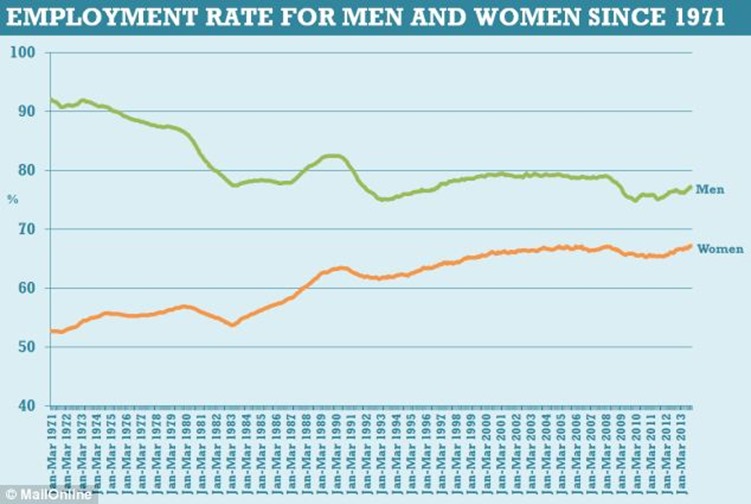
‘A new servant class, equal to that of Downton Abbey times, has been recreated. It’s not upstairs and downstairs any more, though. The elite bring the servant class in when they want cleaning done, ironing, gardening, decorating and so on.’
Mr Field, writing in the London Evening Standard, added: ‘The question to be faced is how long should we pay benefit to young people, many of whom live in areas where there are jobs, even if they are taken by immigrants? Shouldn’t we have a more level playing field here by limiting the time young people can draw benefit if they live in a buoyant job market?’
The official figures suggest the situation could become more acute now that workplace restrictions have been lifted on Bulgarian and Romanian migrants.
The Office for National Statistics revealed that of the 424,503 people who found work in the 12 months to the end of last year, 41,670 were born in Romania and Bulgaria.
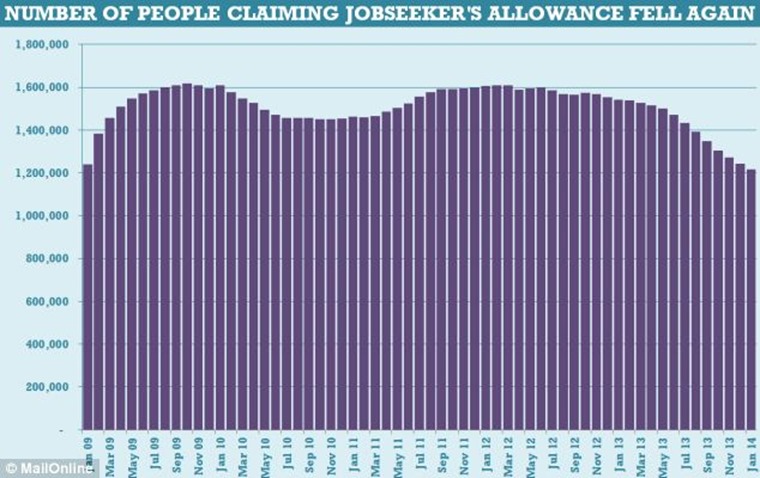
In the run-up to curbs being removed on January 1 there were almost 144,000 people born in the two countries who had a job, compared to fewer than 102,000 in the last three months of 2012.
Among Romanian and Bulgarian nationals the figure was slightly lower, taking into account those who were born in the two countries but have changed nationality.
Among this group, 124,716 were in work, up 34 per cent year-on-year. Mr Cameron was criticised last month when he claimed that the numbers of Romanians and Bulgarians moving to the UK had been reasonable since January 1, despite admitting he had seen no official figures.
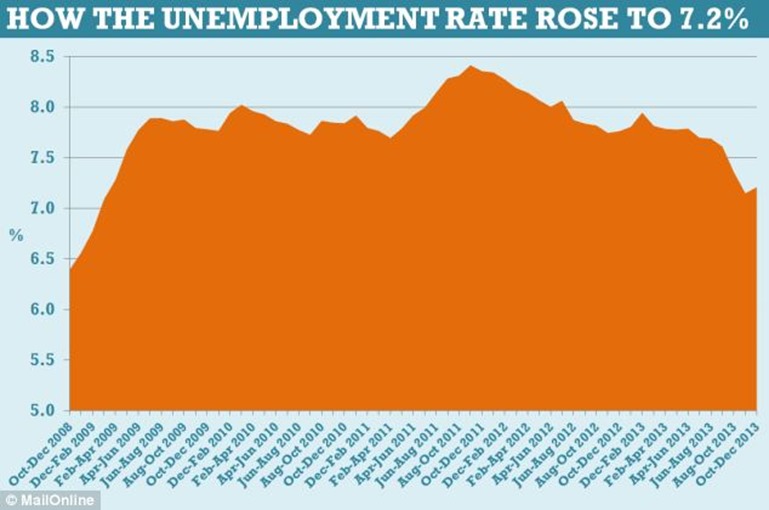
 Daily Stormer The Most Censored Publication in History
Daily Stormer The Most Censored Publication in History


